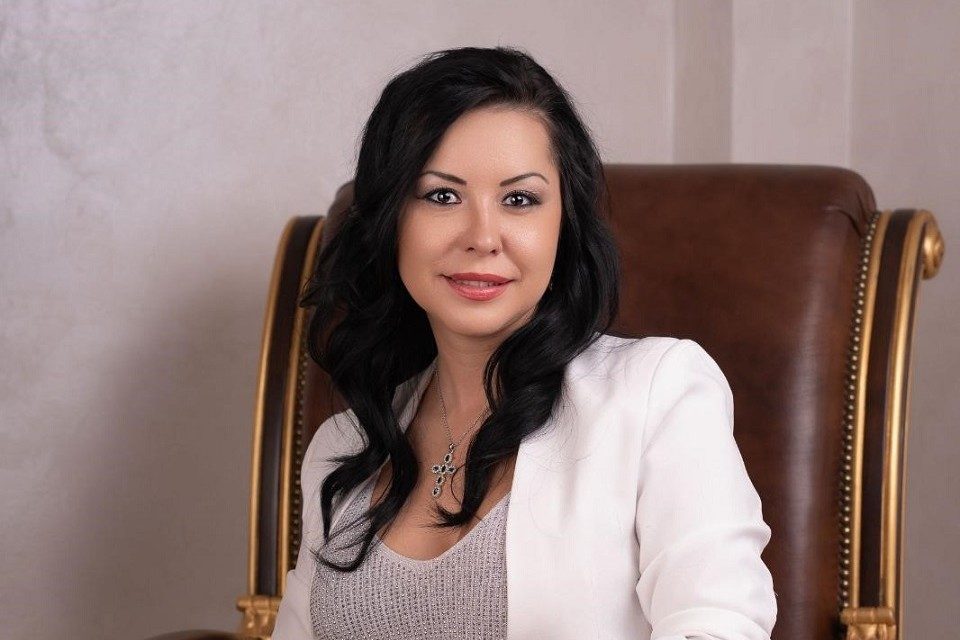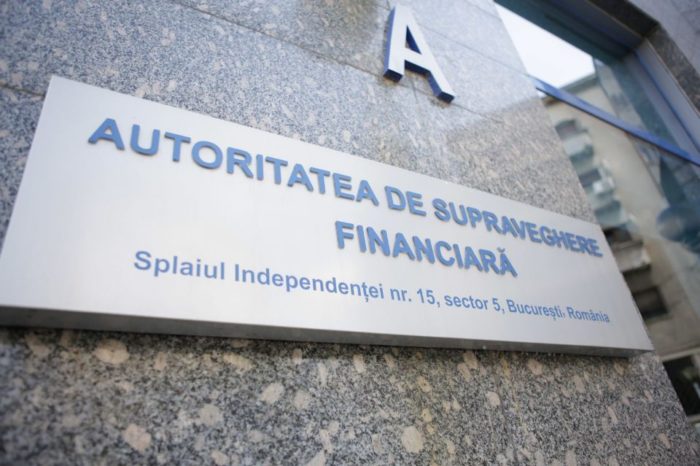Andreea Negru, founder of ADAA: “The global trend is that of the digital economy that prioritizes sustainability, inclusion and equality”

Certainly, the year 2023 is one of important changes in the economy. From technological advancement to changes in the international political and economic landscape, there are several macroeconomic trends that are shaping up in the coming years and that give a new approach to the economy – the digital economy, says an analysis by the Association for the Development of Indigenous Entrepreneurship ADAA – “Macroeconomic trends 2023”.
Andreea NEGRU, Founder of ADAA, said: “We are already talking about a new approach to the economy that prioritizes sustainability, inclusion and equality. What does this thing mean? In practice, the impact of technological advances on economic growth and development is recognized and the challenges and opportunities presented by the digital economy are addressed, emphasizing the recognition of the interdependence of the global economy and the need for international cooperation and coordination to promote sustainable, sustainable, and resilient economic growth”.
Digital transformation has a major impact on the way business operates and the economy works. The expansion of cryptocurrencies, the importance of big data and the automation of processes in various industries, represent clear trends on the significant impact that new technologies will have on macroeconomic developments, according to the “Macroeconomic Trends 2023” analysis.
Another important factor on which economic development depends is globalization. “We are witnessing the continuation of the trend of globalization, which involves the interconnection and interdependence between the states of the world. Countries need to work together to face the challenges, and this has been accentuated with the outbreak of the war in Ukraine. Only in this way can universally valid solutions be found to reduce inequalities, poverty, economic and political instability and fight against climate change or a destabilizing common enemy”, stated Andreea NEGRU.
Political instability, generated in Europe by the Russian-Ukrainian war, continues to represent a risk for economic growth in the region and beyond, the study shows. In recent years, many countries have experienced changes in leadership and political priorities, highlighted in national and international macroeconomic developments, monetary policies, and the role that governments play in the global context, with a major impact on measures to stimulate development, the same analysis mentions.
Andreea NEGRU believes that “Inequality between states also remains a challenge in the years to come. Under these conditions, it is hard to believe that political stability can be maintained in those states that are facing poverty at alarming levels”.
The ADAA study also refers to Romania, which will continue the expansion of technological and digital development. In recent years, our country has taken important steps in adapting to the technologies of the future, and the trend will continue this year, both at the individual level and at the business level. So digitization will play an important role in future economic development, transforming it into a digital economy with a focus on sustainability, inclusion, equal opportunities and gender.
“The already known concept of sustainability plays an important role and addresses the needs to face the challenges arising with climate and environmental changes. From this point of view, Romania can become an indisputable leader in the development of the green economy, with a sustained focus on investments in renewable energy and energy efficiency, the ADAA study shows. Here we also find aspects related to the aging of the population. Like many other developed countries, Romania faces the challenges of an aging population, declining labour force participation, and rising healthcare costs. Meeting these challenges requires investing in new technologies and programs to support an aging population while embracing immigration to attract new workers and spur economic growth.
As for political uncertainty, the “Macroeconomic Trends 2023” study indicates that, despite the general stability and prosperity of Romania’s economy, there are always risks and uncertainties. In 2023, political uncertainty will remain a major concern as continued tensions between major powers and geopolitical hot spots will disrupt global markets and trade. It will be important for Romanian businesses and investors to remain informed and agile in the face of these challenges.















